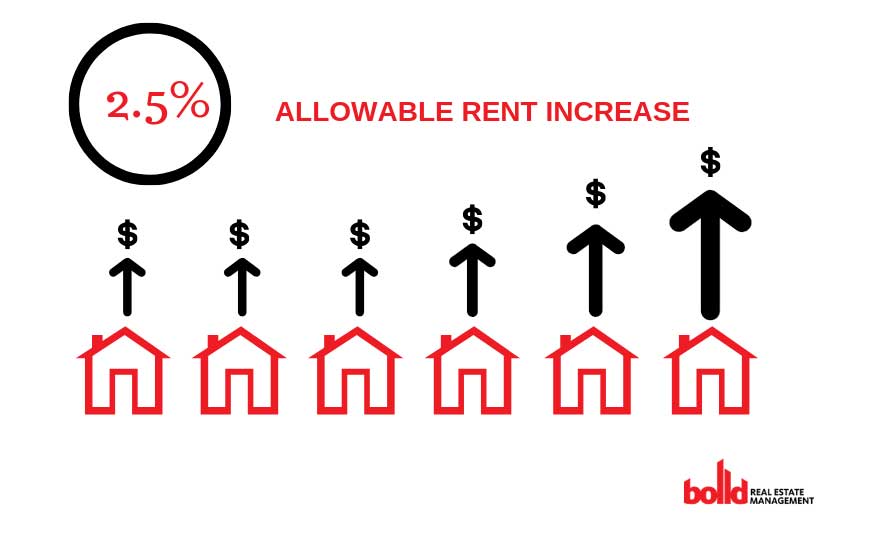A landlord is only able to increase your rent once every 12 months. The amount is the amount that is permitted by the current law or any additional amount that an arbitrator will decide. The landlord has to use the correct forms and they must give you three months notice before the increase can take effect.
The Allowable Rent Increase
In British Columbia, you can use a rental increase calculator. The calculator will tell you how much the rent can increase by in the year. This calculator will also give will also provide you information for tenants as well as landlords about rent increases. Click here to calculate your maximum rent increase in 2019.
There is a solution explorer which will help you figure out your rental situation now. This provides template letters, resources, and rental information that you need to know so you can solve your tenancy situation. You may be able to file a tenancy resolution claim or find out how to resolve the issue.
See also: Practical Points To Remember When Choosing Your Rental
The Maximum Rent Increase
A landlord can only change the rent once per year. This is from the time the rent was established until the end of your agreement. For example, if you sign on June 1st, you can only have a new increase one year later on June 1st. This still applies even if there was a new landlord that took over. This can also be 12 months after the last legal rent increase. The amount of increase can change year to year. In the year 2019, in B.C the legal rate is 2.5% for a residential tenancy. For a home park tenancy, the rate is a maximum of 2.5% plus a proportional amount.
In any subsidized housing, the rent is tied to the income of the individual so rent increases aren’t applicable in that case. The Residential Tenancy Branch has no authority over any rent increases in subsidized housing. You need to discuss any increases with the subsidized housing provider.
See also: How to Pack Like a Pro
A landlord can’t change a rent increase retroactively. If there was no increase in the previous year or it was less than what the law now indicates, the landlord can’t apply n increase for the purpose of catching up.
The tenant has no obligation to pay any increase that’s not allowed by the current law. The tenant can give the landlord documents which indicate the amount that is allowed or file a dispute which makes the landlord comply with the indicated law. This can be done as long as any increase wasn’t given under a dispute resolution.
If a tenant pays more than the legal increase amount they can reduce their rent to make up the difference, they just need to attach a note which indicates they were changed an incorrect increase amount on their rental payment.


